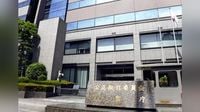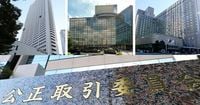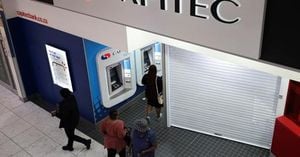The Japanese Fair Trade Commission (JFTC) is preparing to issue warnings to 15 prominent hotels in Tokyo, including the renowned Imperial Hotel and Hotel New Otani, over suspicions of violating the Antimonopoly Act by engaging in practices that could lead to price cartels. This action comes in light of rising accommodation costs, significantly influenced by the surge in foreign tourists visiting Japan.
According to reports from the JFTC and interviews with related parties, the hotel industry has been experiencing an unprecedented increase in room rates, attributed to the rapid recovery of inbound tourism following the COVID-19 pandemic. In response to this market pressure, hotel representatives have reportedly been sharing sensitive business information, including occupancy rates and future pricing strategies, during monthly meetings.
These meetings, which the JFTC has scrutinized, involved sales representatives from the 15 hotel operating companies exchanging crucial data that could impact pricing decisions. While the investigation has not confirmed any explicit collusion to raise prices, the JFTC has expressed concerns that such information exchanges could lead to coordinated pricing strategies among the hotels.
As the hospitality sector rebounds, the demand for accommodations has tightened significantly. In 2024, Japan recorded approximately 65.5 million domestic lodging visitors, the highest number ever. This surge in demand, combined with rising operational costs, has led to increased accommodation fees, prompting the JFTC to take a closer look at the practices of these hotels.
Among the hotels under scrutiny are not only the Imperial Hotel and Hotel New Otani but also other notable establishments such as Hotel Okura Tokyo and Hyatt Regency Tokyo. The JFTC's investigation suggests that while there may not have been overt cartel behavior, the mere act of sharing sensitive operational data poses risks for future pricing collusion.
In light of these developments, the 15 hotels have ceased their monthly meetings and no longer exchange information, indicating a response to the JFTC's impending warnings. The Imperial Hotel, in a statement regarding the situation, asserted that their information exchanges were not intended to create unfair trade restrictions and that they would continue to cooperate fully with the investigation.
The JFTC’s upcoming warnings highlight the delicate balance within the hospitality industry as it navigates the post-pandemic landscape. With increasing competition for a limited number of guests, the pressure to maintain profitability while adhering to fair trade practices is more critical than ever.
As the hospitality sector grapples with these challenges, the implications of potential price manipulation could have far-reaching effects on consumers and the overall market. The JFTC's actions serve as a reminder of the importance of transparency and fair competition in ensuring that consumers are not adversely affected by unfair business practices.
In summary, the JFTC is poised to take significant steps against 15 major hotels in Tokyo, warning them of potential violations of the Antimonopoly Act. The outcome of this investigation could set a precedent for how hotels operate in a recovering market and ensure that the interests of consumers remain protected.






